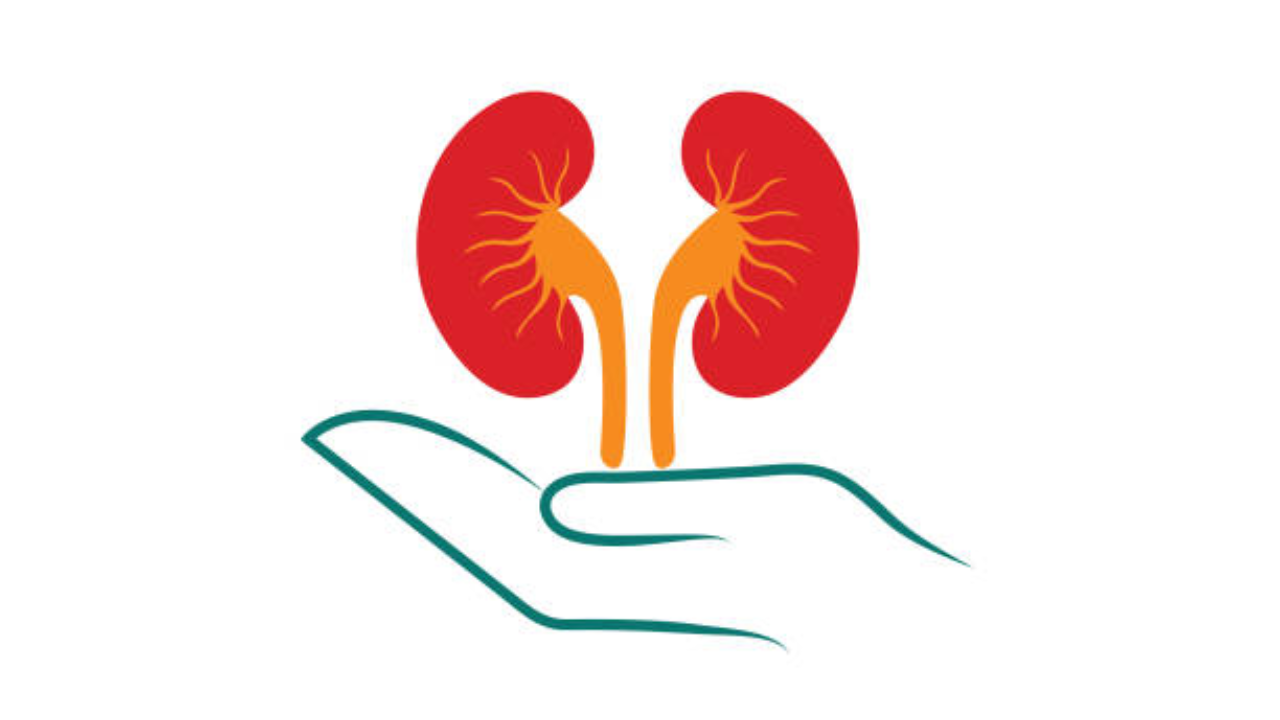Paneer, also known as Indian cottage cheese, is a popular dairy product widely consumed in South Asian households. Valued for its high protein, calcium, and phosphorus content, paneer supports bone strength, muscle growth, and satiety, making it a staple in vegetarian diets. Despite these nutritional benefits, excessive paneer intake can have drawbacks. Overconsumption may cause digestive discomfort, weight gain, cholesterol imbalance, and even kidney stone formation in some individuals. To enjoy paneer’s health advantages while avoiding risks, moderation is essential. Including paneer in a balanced diet ensures you receive its nutritional value without harmful side effects.
8 side effects of eating too much paneer
According to health experts, paneer can be a nutritious food when eaten in moderation, but large portions or poor-quality paneer can trigger health concerns. Below are the key side effects to be aware of:1. Digestive problems and bloatingPaneer is a dairy product, and those with lactose intolerance may struggle to digest it. Symptoms can include bloating, gas, abdominal cramps, and diarrhoea. Eating raw paneer in excess can also feel heavy on the stomach and cause indigestion. Cooking paneer lightly with spices such as turmeric or ginger may aid digestion.2. Weight gain from high caloriesFull-fat paneer is calorie-dense and rich in fats. Consuming large quantities without balancing energy expenditure can lead to gradual weight gain. This is particularly relevant for individuals trying to manage body weight or following a sedentary lifestyle.3. Increased cholesterol and heart health risksPaneer is high in saturated fats, and overconsumption may raise LDL (“bad”) cholesterol, thereby increasing the risk of heart disease and related cardiovascular problems. A review published in Advances in Nutrition highlights that saturated fat from dairy is directly linked to elevated LDL levels, a key risk factor for cardiovascular disease. In addition, store-bought paneer may contain added salt, which, if consumed regularly, can contribute to high blood pressure and further strain heart health.4. Nutrient imbalance from over-relianceRelying heavily on paneer as the primary protein source can reduce dietary diversity. This may result in lower fibre intake and a lack of vitamins and minerals from vegetables, pulses, and whole grains. A balanced diet with varied protein sources is vital for overall health.5. Allergic reactions to dairy proteinsAccording to StatPearls, cow’s milk allergy (CMA) is an immune-mediated reaction to milk proteins, with casein and whey identified as the primary allergens. Since paneer is rich in both casein and whey, it may trigger allergic reactions in sensitive individuals. Symptoms can include rashes, itching, and swelling, and in rare cases may escalate to severe responses. People with known milk allergies are advised to avoid paneer altogether.6. Poor-quality or adulterated paneer risksIn some markets, adulterated paneer is sold with added starch, hydrogenated oils, or other fillers. Consuming such products can cause digestive distress and long-term organ damage. Spoiled paneer, if improperly stored, may also cause food poisoning, with symptoms like vomiting and diarrhoea.7. Blood sugar impact in diabeticsAlthough paneer is naturally low in carbohydrates and can support blood sugar management, overconsumption, particularly when paired with a high-fat diet, may disrupt glucose control in people with diabetes or insulin resistance. A study published in Frontiers in Nutrition found that moderate dairy consumption (25–65 g/day) was linked to a reduced risk of type 2 diabetes, but this protective effect plateaued when intake exceeded certain levels. This suggests that while paneer can be beneficial in moderation, portion control and dietary balance are essential to avoid fluctuations in blood sugar.Disclaimer : This article is for informational purposes only and does not constitute medical advice. Always consult a qualified healthcare professional before making any changes to your health routine or treatment.Also read | Ginger side effects and risks you should not ignore: Eating too much ginger may cause mouth sores, bleeding risks, nausea and more











